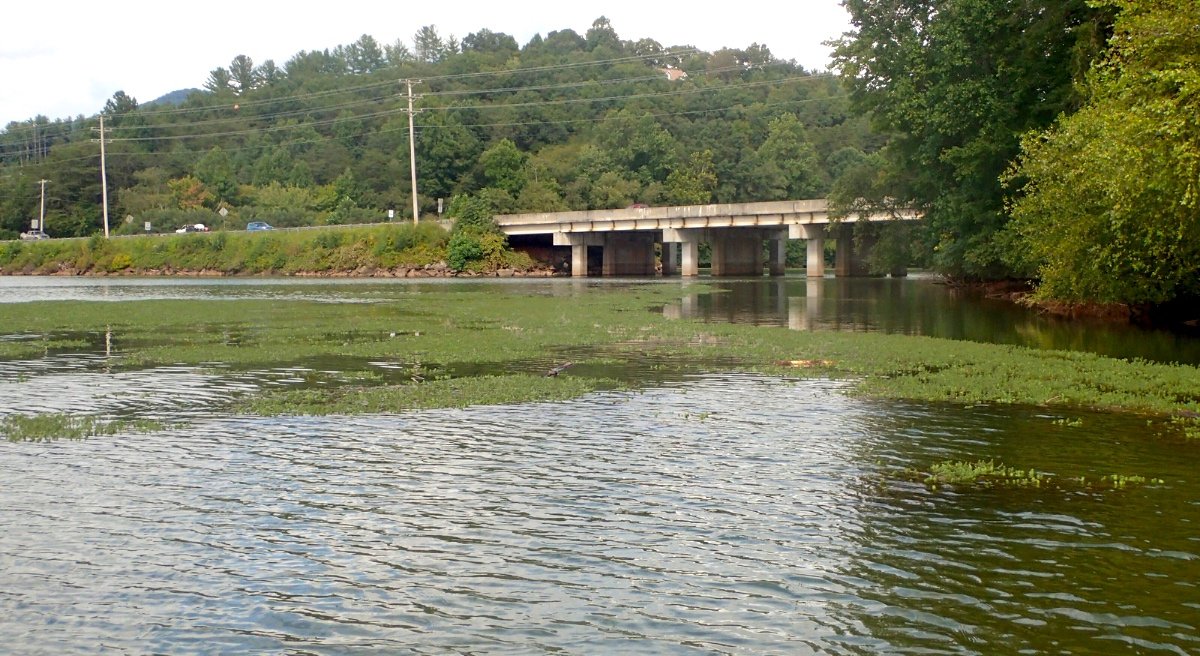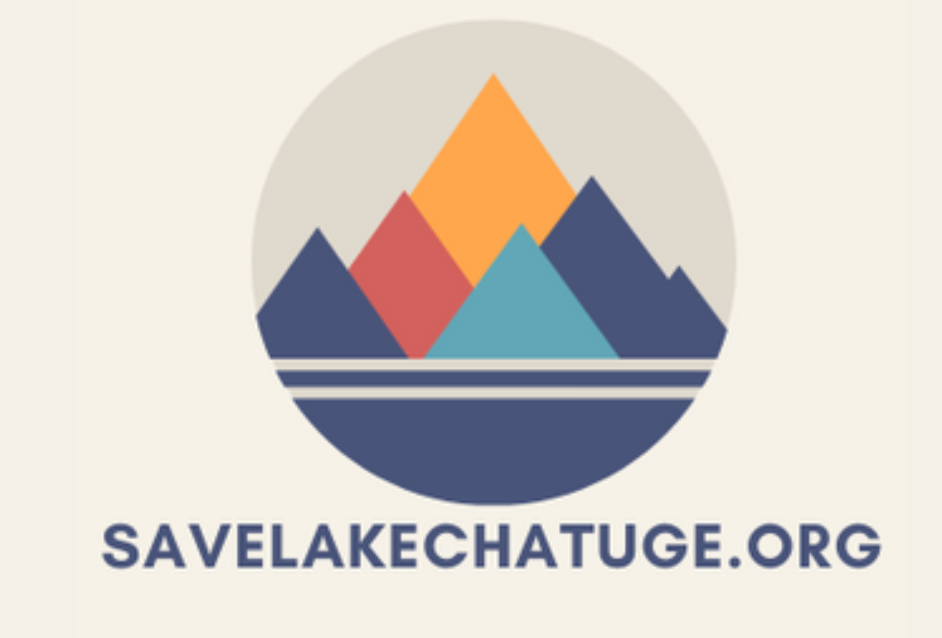

Let’s save The Lake & Our Community, TOGETHER.

Parrot Feather UPDATE 2025
See Something,Say Something Campaign
2024 Treatment = Huge Success
Thanks to your support, last year’s efforts to control the invasive Parrot Feather were extremely effective. But we’re not out of the woods (or water) yet... The experts we worked with believe that because of that success we are unlikely to see widespread parrot feather in 2025. Small, hidden patches “Hot Spots” may still remain — and that’s where you come in. Stay vigilant! If you spot anything suspicious, report it. Early detection helps us treat these areas quickly and prevent Parrot Feather from regaining a foothold.
Together, we can protect our waters — one weed at a time.
Email location, picture and contact information to: savelakechatuge@gmail.com & tony@mountaintrue.org

SaveLakeChatuge.org and MountainTrue are pleased to announce a cooperative project to address the TVA spillway repair project.
We need your help to prevent Lake Chatuge from a multi-year drawdown!
Purpose Statement
SaveLakeChatuge.org exists to protect the economic vitality, environmental health, and public safety of the Lake Chatuge region by advocating for responsible, community-conscious solutions to the challenges affecting the lake.
Mission Statement
Our mission is to ensure that any repairs to Lake Chatuge’s spillway are conducted in a manner that preserves the lake’s vital role in supplying clean drinking water, sustaining local economies in Towns and Clay counties, and supporting recreational and ecological balance. We are committed to engaging experts, mobilizing community voices, and working with policymakers to promote an alternative to the TVA’s proposed extended drawdown—one that prioritizes both safety and sustainability.
Vision Statement
We envision a future where Lake Chatuge remains a thriving resource for residents, businesses, and visitors—safe, accessible, and vibrant. By advocating for thoughtful engineering solutions and inclusive decision-making, we strive to protect the lake’s legacy and its importance to our region for generations to come.
FACEBOOK COMMUNITY
We have created a FaceBook community dedicated to this issue to connect and engage with other people affected in our community.
GOVERNMENT STAKEHOLDERS
These are the local and state leaders who were elected to help manage issues you care about. Their contact information and websites are all linked below. Make sure they know this is an issue that you care about. You may consider using the attached sample letter.
TOWNS COUNTY SOLE COUNTY COMMISSIONER
CLIFF BRADSHAW - 706-896-2276 - tccommissioner@yahoo.com
JR Chastain - mayor@hiawasseega.gov - 706-896-2202
CLAY COUNTY LEADERSHIP - 828-389-0089
DR. ROBERT PECK - CHAIRMAN - rpeck@claync.us
MR. RANDY NICHOLS - VICE-CHAIRMAN - rnichols@claync.us
MR. CLAY LOGAN - COMMISSIONER - clogan@claync.us
MR. SCOTTY PENLAND - COMMISSIONER - spenland@claync.us
MR. DWIGHT PENLAND - COMMISSIONER - dpenland@claync.us
JOE SLATON - 828-389-1862 - mayor@townofhayesville.com
GEORGIA STATE REPRESENTATIVES
ANDREW CLYDE - US REPRESENTATIVE 9TH DISTRICT
BO HATCHETT - STATE SENATOR 50TH DISTRICT
STAN GUNTER - STATE HOUSE 8TH DISTRICT
NORTH CAROLINA STATE REPRESENTATIVES
KARL E. GILLESPIE - DISTRICT 120 - 919-733-5859 - Karl.Gillespie@ncleg.gov
KEVIN CORBIN - DISTRICT 50 - 919-733-5875 - Kevin.Corbin@ncleg.gov



